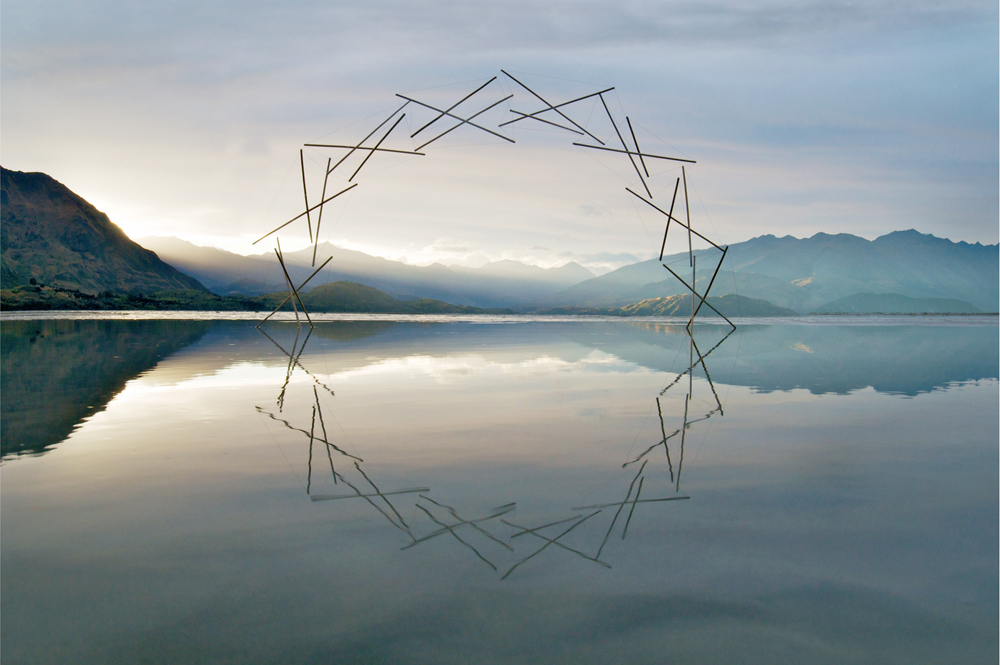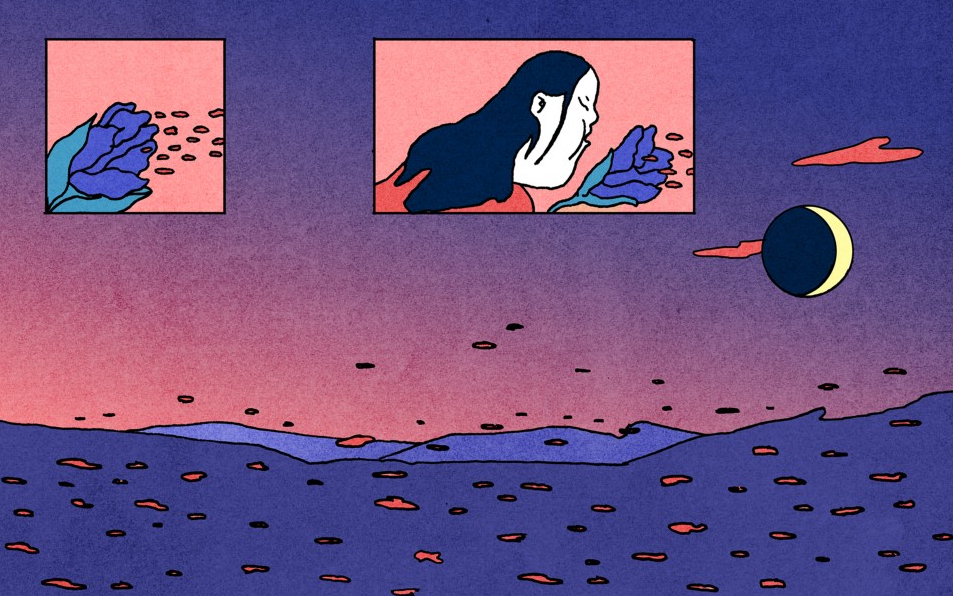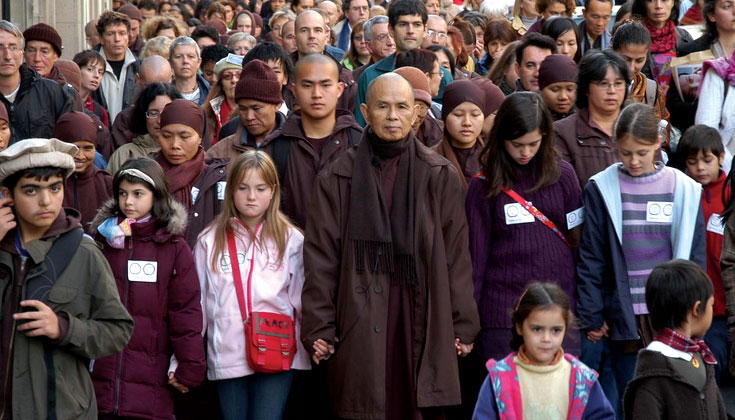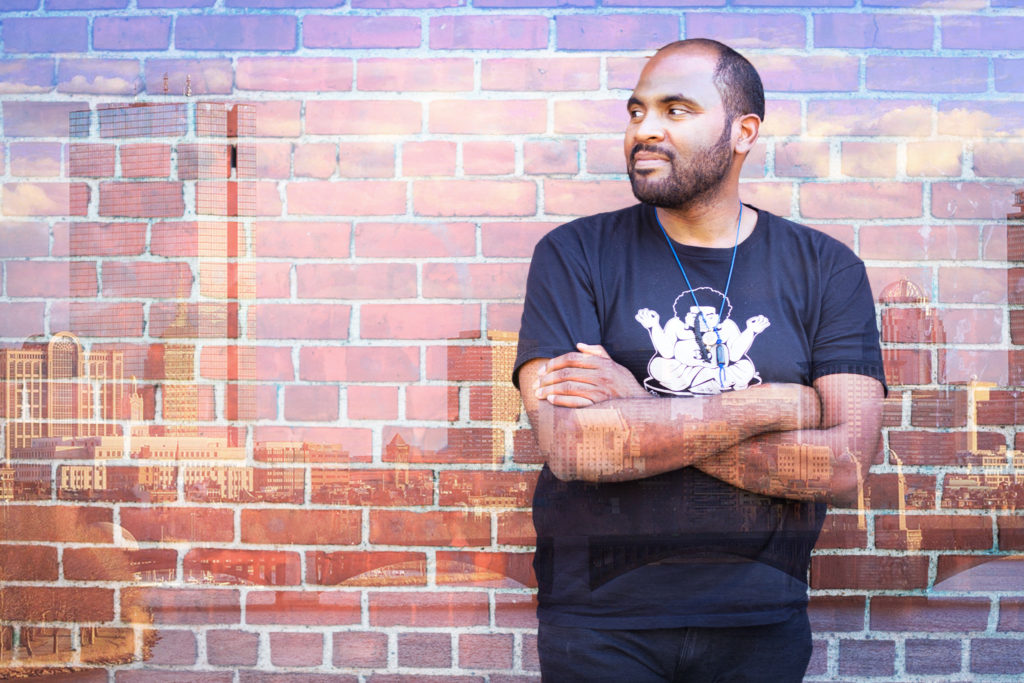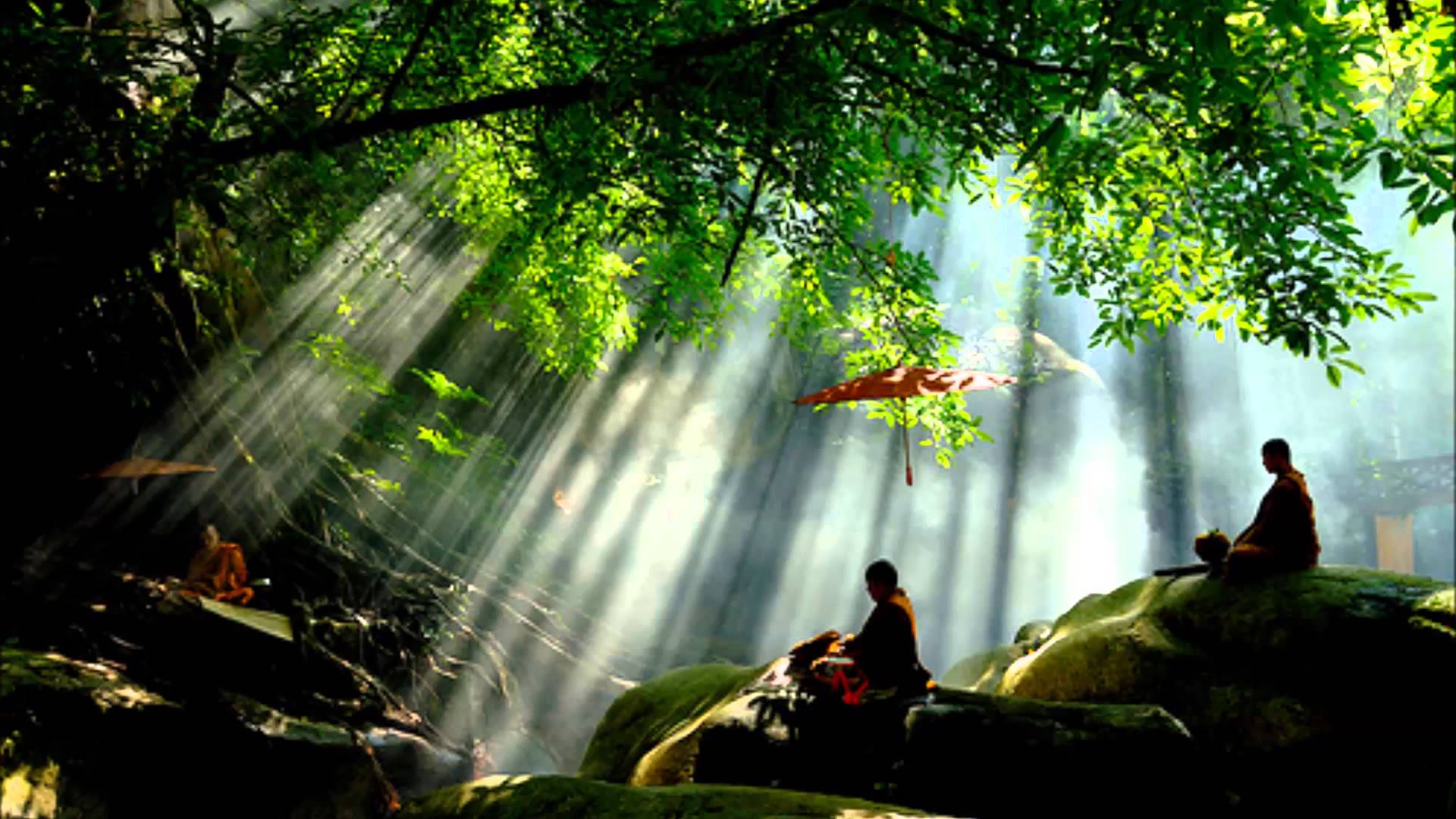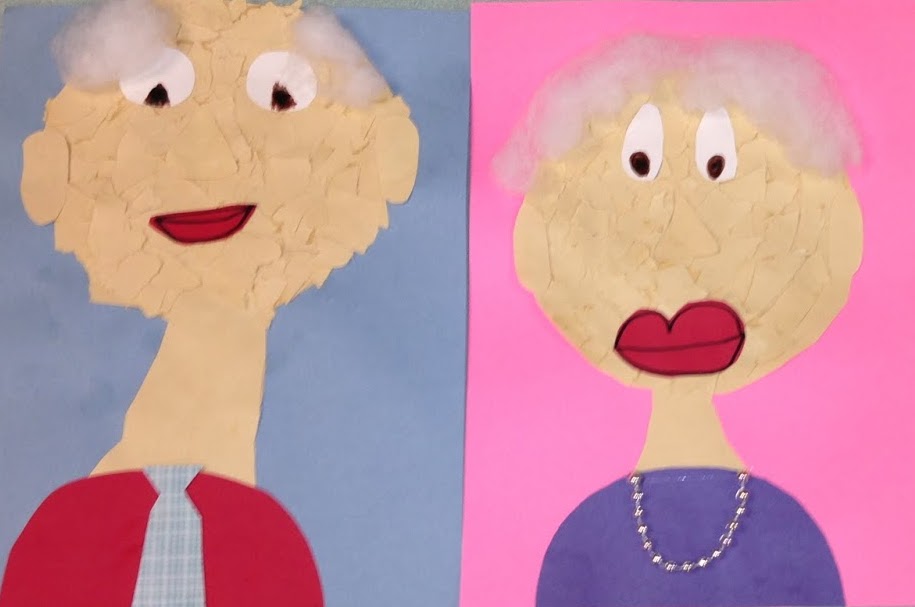A Fire Requires Its Own Conflagration
Come, Thief
by Jane Hirshfield
The mandarin silence of windows before their own view,
like guards who nod to every visitor,
“Pass.”
“Come, thief,”
the path to the doorway agrees.
A fire requires its own conflagration.
As birth does. As love does.
Saying to time to the end, “Dear one, enter.”
For Wisdom. And Release.
Ajahn Sucitto recently led a retreat (in Madison, Wisconsin!) so I’ve been listening to a lot of his new talks.
Here’s an excerpt from one (which I didn’t really like all that much at first) but which I now really love and can’t stop “listening to” in my head — especially the very last part (of which there is considerably more than I have transcribe below). I strongly recommend listening to that part, instead of just reading it — but do it in a quiet place, where you can really take it in.
***
“We can get an image of ourselves as being regarded by others or being regarded by our own attitudes, as not coming up to what we should be or could be. And we do the same thing toward other people.
“We pick on some particular feature that is not agreeable and we make that the total story of what they are. In this way we create objects — perceptions — that are steeped in (for example) ill-will. Or we create objects that are molded by agitation. Or doubt…
“Then once we create the object, the object justifies the way in which we regard it: He did this and he did that, therefore he is an unpleasant person. I dislike him. How could you possibly not dislike him. He does this and he does that….
“Or we do that towards ourself: Other people don’t like me, I’m not good enough…
“With wise reflection, one begins to recognize that this quality of ill-will is uncomfortable for myself. It’s making my heart sour and bitter. This is of no gain for me. This is a great loss. Whereas I could, instead, feel a sense of warmth, of ease, which would be much better…
“Is it possible, just in that, to sense: Oh, this is painful. It’s not worthy of me. It’s not going anywhere useful. Is it possible to acknowledge that and then…Relax…Pause….Stop.
“Maybe it’s not. Maybe this habit is just so ingrained that one’s mind runs down it. Then perhaps one can begin to consider: Well, OK, but at least I’m not going to act on it in terms of speech and physical action.
“That will have an effect. It will begin to, you know, put up a bar against it. And by at least stemming that tide, it’s beginning to weaken the power of that kamma.
“This is actually a merciful teaching. What we can’t do in meditation alone, we can perhaps do in terms of curtailing actions of body and speech, and that helps. And in going against the grain of that, it’s possible for insights to arise from moments of having resisted it, and having used resolution to withstand it — and the tide can drop….
“So, through this process of letting go, supportive properties come into awareness. And then as we linger in those, stay in those, feel those, sample those….we are being held constantly, steadily…against the flows, the out-flows, the currents of suffering and stress…then the turning of the tide can occur….
“And we begin to sense the flow…. we turn, time and time again…to the sign of release, or the sign of comfort, or the sign of ground, or the sign of… you know… whatever you want to call it… where the tides drop, where suffering abates, where the intensities release…
“That then becomes one’s meditation object.
“Dwell in it. Breathe in it. Feel what your breathing is like when that occurs — the sense of the space around and through your body, the energy levels when that occurs, the qualities of materiality, the energy bodies… Feel what occurs when that occurs.
“In this way you deepen and add dimension to that. You build it up. You make an investment of that. Then that becomes a more solid refuge and a “bar” to the tide of suffering and stress.
This is called: Careful thinking, skillful thinking. It is to be cultivated. For wisdom. And release.
***
This excerpt has been pretty heavily edited. Click here to listen to the full talk.
Perhaps to Bloom
 The next book my CDL “White Awake” discussion group will be reading is The Warmth of Other Suns: The Epic Story of America’s Great Migration, by Isabel Wilkerson.
The next book my CDL “White Awake” discussion group will be reading is The Warmth of Other Suns: The Epic Story of America’s Great Migration, by Isabel Wilkerson.
It got rave reviews when it came out in 2010, and it won tons of awards, including the National Book Critics’ Circle Award for Nonfiction and the Pulitzer Prize.
But I didn’t read it back then. I remember hearing it mentioned in favorable terms, but I really wasn’t paying attention. Probably because I didn’t think it had anything to do with me.
But that was then.
I’m a little more awake now.
***
Epigraph:
(taken from an early edition of Black Boy, by Richard Wright)
I was leaving the South
To fling myself into the unknown….
I was taking a part of the South
To transplant in alien soil,
To see if it could grow differently,
If it could drink of new and cool rains,
Bend in strange winds,
Respond to the warmth of other suns
And, perhaps, to bloom.
***
Plant Good Seeds
To continue in the theme of the discussion at our last Sunday Sangha, I offer this excerpt from Our Crisis of Heart, written by Jack Kornfield:
“The crisis of our times requires individuals and our culture to engage in a growing ability and willingness to see, to speak out, and to feel our grief and regrets, our fears, longing, and confusion. As part of this, like South Africa, we need a national Truth and Reconciliation process to come to terms with our denial of the Native genocide and African American slavery, so we are not continuing to refight the Civil War. On the other side, some of us are so loyal to our suffering that we also need heart wisdom to honor and express our love, our creative hopes, our delight and joy…
“We are not powerless. Modern public discourse is almost designed to leave us overwhelmed and disheartened and, frankly, resigned to the state of the world. Don’t fall for this.
“Neuroscience has shown that human beings are born with innate compassion and care for self and others. It also shows that human beings are born with survival circuits, which, when activated, operate from fear, aggression, selfishness, and hate. It’s up to us which one we let create our future….
“As Zen master Thich Nhat Hanh explains:
The quality of our life depends on the seeds we water. If you plant tomato seeds in your gardens, tomatoes will grow. Just so, if we water the seeds of fear and hate, they will grow. If we water the seeds of peace in your heart, peace will grow. When the seeds of love, respect, and peace are watered, we will become happy.
“Intention is the key. Like an inner compass, we can set the direction of our life with the deepest intentions of the heart. But the secret is to act without attachment to the results. We get to plant seeds based on our best intentions, but we do not control how or when they will sprout. They will, in their own time.
“So, plant good seeds. Trust in renewal.
“And you who read this: Let these words be a reminder, a call. Find your way to quiet yourself and tend your heart. Promote love and spread the power of compassion in your work, in your community. Have hope.
“I remain hopeful despite the many painful current events, because we know how to do this. It’s in us to help one another and create a better world.
“In Zen, they say there are only two things: You sit, and you tend the garden. You quiet your mind and open your heart. And then, naturally, you get up and tend the garden of the world.“
***
Click here to read Jack’s article in full.
Still Arriving
At Sunday Sangha yesterday Lingli spoke about Thich Nhat Hanh’s well-known poem, Please Call Me By My True Names, and about the circumstances which brought him to write it. She also sent me the text she was referencing, which I offer here:
Please Call Me By My True Names
by Thich Nhat Hanh
“After the Vietnam War, many people wrote to us in Plum Village. We received hundreds of letters each week from the refugee camps in Singapore, Malaysia, Indonesia, Thailand, and the Philippines, hundreds each week. It was very painful to read them, but we had to be in contact. We tried our best to help, but the suffering was enormous, and sometimes we were discouraged. It is said that half the boat people fleeing Vietnam died in the ocean; only half arrived at the shores of Southeast Asia.
“There are many young girls, boat people, who were raped by sea pirates. Even though the United Nations and many countries tried to help the government of Thailand prevent that kind of piracy, sea pirates continued to inflict much suffering on the refugees. One day, we received a letter telling us about a young girl on a small boat who was raped by a Thai pirate.
“She was only twelve, and she jumped into the ocean and drowned herself.
“When you first learn of something like that, you get angry at the pirate. You naturally take the side of the girl. As you look more deeply you will see it differently. If you take the side of the little girl, then it is easy. You only have to take a gun and shoot the pirate. But we can’t do that. In my meditation, I saw that if I had been born in the village of the pirate and raised in the same conditions as he was, I would now be the pirate. There is a great likelihood that I would become a pirate. I can’t condemn myself so easily. In my meditation, I saw that many babies are born along the Gulf of Siam, hundreds every day, and if we educators, social workers, politicians, and others do not do something about the situation, in twenty-five years a number of them will become sea pirates. That is certain. If you or I were born today in those fishing villages, we might become sea pirates in twenty-five years. If you take a gun and shoot the pirate, you shoot all of us, because all of us are to some extent responsible for this state of affairs.
“After a long meditation, I wrote this poem. In it, there are three people: the twelve-year-old girl, the pirate, and me. Can we look at each other and recognize ourselves in each other? The title of the poem is Please Call Me by My True Names, because I have so many names. When I hear one of the of these names, I have to say, ‘Yes.'”
Please Call Me by My True Names
Do not say that I’ll depart tomorrow—
even today I am still arriving.
Look deeply: every second I am arriving
to be a bud on a Spring branch,
to be a tiny bird, with still-fragile wings,
learning to sing in my new nest,
to be a caterpillar in the heart of a flower,
to be a jewel hiding itself in a stone.
I still arrive, in order to laugh and to cry,
to fear and to hope,
the rhythm of my heart is the birth and death
of all that are alive.
I am the mayfly metamorphosing
on the surface of the river,
and I am the bird which, when Spring comes,
arrives in time to eat the mayfly.
I am the frog swimming happily
in the clear water of a pond,
and I am the grass-snake
that silently feeds itself on the frog.
I am the child in Uganda, all skin and bones,
my legs as thin as bamboo sticks.
And I am the arms merchant,
selling deadly weapons to Uganda.
I am the twelve-year-old girl,
refugee on a small boat,
who throws herself into the ocean
after being raped by a sea pirate.
And I am the pirate,
my heart not yet capable
of seeing and loving.
I am a member of the politburo,
with plenty of power in my hands.
And I am the man who has to pay his
“debt of blood” to my people
dying slowly in a forced labor camp.
My joy is like Spring, so warm
it makes flowers bloom all over the Earth.
My pain is like a river of tears,
so vast it fills the four oceans.
Please call me by my true names,
so I can hear all my cries and laughter at once,
so I can see that my joy and pain are one.
Please call me by my true names,
so I can wake up
and so the door of my heart can be left open,
the door of compassion.
Contemplating Externally
I’ve just signed up to attend a very unusual weekend course offered at the Barre Center for Buddhist Studies (BCBS). The title of the course is Satipattana in Dialogue with Suffering and Oppression and it’s being taught by my mentor, Lila Kate Wheeler, and Lama Rod Owens (pictured above), co-author of Radical Dharma (which I’ve posted about here and here).
This is the course description:
Satipatthana means “foundations of mindfulness.” As the Buddha originally taught this, mindfulness and clear comprehension are offered as the most helpful, liberating way to relate to four areas of experience: body, feeling tones, mind, and Dharmas or psychophysical patterns. Contemporary mindfulness, as widely practiced in many different engagements, tends to emphasize the internal or personal aspects of satipatthana.
Yet the Buddha’s instructions ask that we practice ‘externally’ too. During this course we will present a traditional understanding of satipatthana, and place it in dialogue with challenges many of us face in our daily lives. Can satipatthana be a helpful, liberating way to relate to racism, class, ableism, patriarchy, sex, environmental violence, and body shame? How do we move toward freedom?
***
Doesn’t sound like your typical “Four Foundations of Mindfulness” retreat, now does it!
Interested?
Think about taking the course with me!
BCBS is located in Barre, MA, near Boston. There are direct flights on Southwest from St. Louis to Boston, where you can get a shuttle that will take you to BCBS, which is out in the woods and is an AWESOME place to practice — even in December! The cost of the course with room and board is $327 (plus a donation to the teachers). Scholarships are available.
The course dates are: Thursday, Dec 6 (early evening) to Sunday, Dec 9 (mid-day).
Check it out!!!!
If You Don’t Speak It, You Become It
There’s another really wonderful talk by Ajahn Sucitto — The Skill of Thinking: Allowing the Heart to Speak — which I listened to before going on retreat last month, and which has stayed with me so vividly that since then, whenever I find myself thinking something that I think I shouldn’t think, I immediately hear Sucitto’s voice in my head:
“Ah, yes, that’s just the latent tendency for ill-will…..there it is….the sign of the irritable….the sign to turn sour….catch it now….catch it now and speak it (to yourself)…there’s something sour, something bitter….speak it, punch it up, it’s bitter, it’s prickly….speak it, witness it, speak it…just to get the perception of it, the felt-ness, the cabby, the embittered….and then, ah yes that’s it — beautifully done, yes, you’ve done that really well, congratulation — OK now, we can all go home….”
Sucitto explains:
“We’re owning the pain and speaking it… Just the act of speaking it gives you that millimeter of space. Once you’ve got that millimeter of space, something in your heart is no longer welding onto that and pushing it along…..
“It’s only when you can speak the truth that you can come to silence….”
“If you don’t speak it, you become it…
“Spaciousness in relationship is not that you HAVE a lot of space, it’s that you are BEING spacious…
“If you want space, that means you are actually wanting to disconnect. To be spacious is to be in the presence of. With a non-intrusive, non-aggressive, non-domineering attitude. It’s open.
“This is really courageous and beautiful because it’s so precarious. We just do not know what’s going to happen, what we’re going to do, what we’re going to feel.
“But one thing you do know: if you don’t do that — you are going to suffer.”
***
I could go on. But really, you just have to hear Sucitto giving voice to those grumpy, crabby, prickly, I-can’t-believe-I-have-to-be-with-all-these-stupid-people thoughts! Seriously. Listen to this talk.
Try This Instead
As Much As You Can
by C.P. Cavafy (translation by Kelley/Sherrard)
And if you can’t shape your life the way you want,
at least try as much as you can
not to degrade it
by too much contact with the world,
by too much activity and talk.
Try not to degrade it by dragging it along,
taking it around and exposing it so often
to the daily silliness
of social events and parties,
until it comes to seem a boring hanger-on.
But Also
Telemachus’ Detachment
by Louis Glück
When I was a child looking
at my parents’ lives, you know
what I thought? I thought
heartbreaking. Now I think
heartbreaking, but also
insane. Also
very funny.
Full and New Moon Reflections
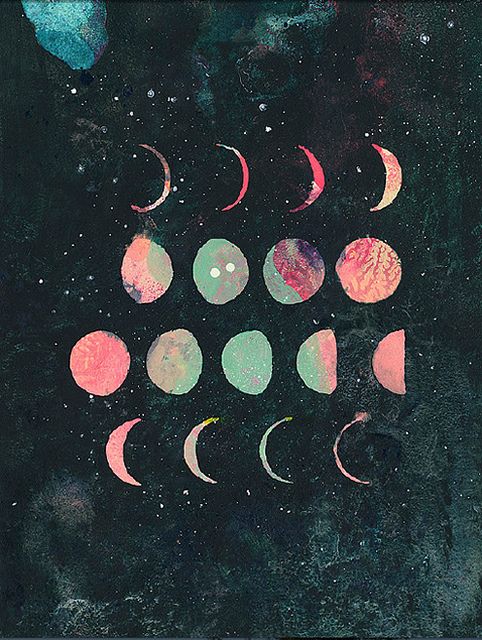 A shout-out today for my friend Betsy who turned me on to this beautiful offering from the Forest Sangha: Reflections on the Dhammmapada, which (if you subscribe) will arise in your email on each new and full moon.
A shout-out today for my friend Betsy who turned me on to this beautiful offering from the Forest Sangha: Reflections on the Dhammmapada, which (if you subscribe) will arise in your email on each new and full moon.
Here is yesterday’s
New Moon Reflection:
No More Thorns
If you walk the path
you will arrive at the end of suffering.
Having beheld this myself,
I proclaim the Way
which removes all thorns.
— Dhammapada v. 275
(from A Dhammapada for Contemplation, 2nd edition, Aruna Publications, 2006)
“It is not necessary to move through life perpetually afraid of being skewered by the barbs of painful human interaction. All beings, including the Buddha himself, are subject to the eight worldly winds: praise and blame, gain and loss, pleasure and pain, honor and insignificance.
“However, awakened beings are so completely transparent, so completely free from resistance, that they are always able to accord with it. They live unobstructed in their relationship with everything and everybody. Having walked the path to its end, they know beyond all doubt that to cling is to suffer. Wisdom shows them how to hold to life without creating pain, without spoiling it.”
***
The Forest Sangha represents the
International Monasteries in the Therevada Buddhist Tradition of Ajahn Chah.
To receive these fortnightly Reflections, click here.
To view earlier Reflections, click here.


